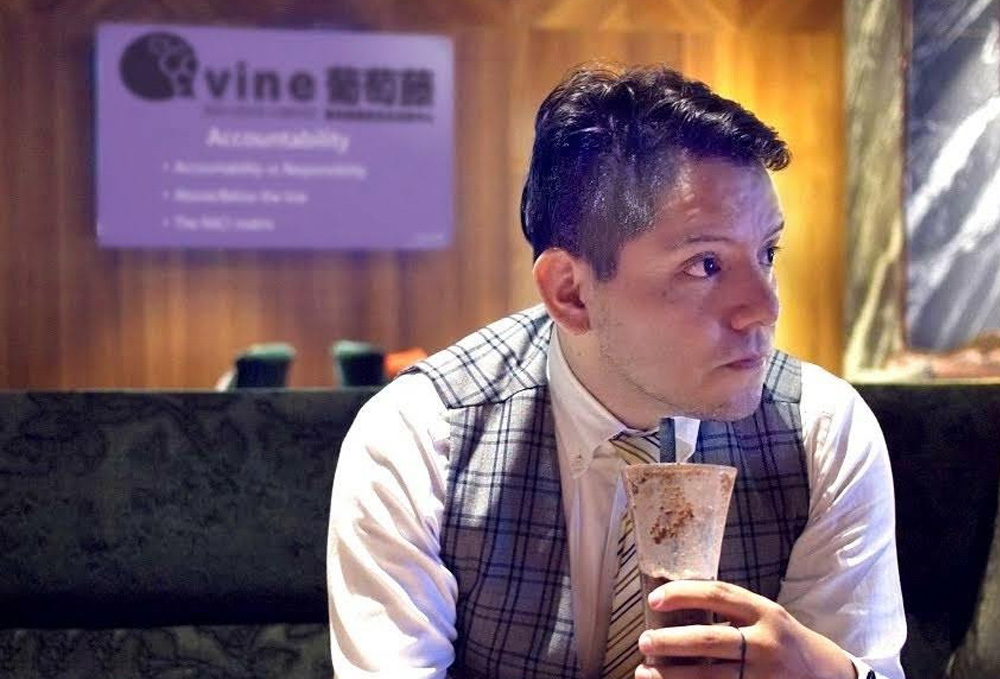What is Team Coaching?

I have been a bad teacher. I have been lying to you and so has every teacher you have ever met. There is a big problem being a coach – trainer – teacher – or whatever you want to call my job. The lie is that teachers want to help you be the best you can be; that they want to teach you so much so that you can excel in your job, get a good grade, or pass some test.
The truth is we don’t need better people, we need better TEAMS. Research has shown, (Colvin, Humans Are Underrated, 2015) that “the most effective teams are not the individual attributes of their members, or even the coaching they got from their leaders, but the interactions within the team itself.” The problem lies not in your people, but the communication or the connections between your people. Team Coaching focuses on the connections between members of a team and their stakeholders.
In the past, we focused on individuals, and that the best leaders were individuals. Coaching has become “I do” vs “We do”. Executives often label people as Superstars, Key Talent, or High Potentials. But Leadership no longer should be focused on highlighting that one person, but a group of people. It is, and should be, a collaborative measure that breaks down silos and helps teams of people work and communicate well together. This is called Horizontal Leadership as opposed to the hierarchical vertical leadership of old. The old strategy may have worked in the past, but in today’s world of uncertainty, we have to train our staff to learn to work with uncertainty, to be future ready and to focus on future challenges. Team Coaching helps partner all stakeholders to see what is best for the team, and this creates win-win-win scenarios for individuals, companies, and their clients.
I honestly feel bad when I go to a company for my training sessions. My training sessions are usually reserved for companies with high budgets and for individuals that are in “key positions”. You know, those with nice offices, nice company cars, nice paychecks, and EMBA’s. In reality, everyone should benefit from training, not just the privileged.

Why is Team Coaching Important?
If you look at the recent COVID-19 epidemic, we can see how an unpredictable disaster has impacted everyone around the world. Nations that have strong connections from the government down to the everyday citizens, are the most protected. In Taiwan, the government set out strict regulations. Airlines and airports cooperated with check points. Port of entries were on alert. Office buildings had temperature checks and sanitary stations. Companies distributed masks to their employees, etc. Taiwan learned a lot from SARS and it shows. Multiple teams which were seemingly unrelated, but shared a common interest cooperated, because it was about the goal – to keep everyone safe – not the process.
Team Coaching forces everyone in the organization to focus on the goal, not the process. Team Coaching is about focusing on what teams need to accomplish, and not on what the individual needs.
Team Coaching is even effective when we have a problematic employee. For example, not all of my students want to be in English class. Many want to go home, or take their lunch break, or even just get back to work. Even if they know they need English, they don’t want it. We were just approaching them in the wrong manner. I have have great success by involving management in the process. How we communicate with this employee was more productive than focuses in his weaknesses.
What is Team Coaching?
Instead of defining what Team Coaching is, maybe it is better to tell you what Team Coaching IS NOT.
Team Coaching IS NOT team building. We don’t do this to have fun or to carry out trust exercises. It IS NOT even a group class with everyone sharing one teacher like a workshop or a seminar. Team Coaching IS NOT improving communication internally either, as Team Coaching focuses on both internal and external communication.
Team Coaching is training that treats a team as one solid unit, both internally and externally. This is in either workshops, internal team meetings, intra-department meetings, and even with their interactions with stakeholders. When I do Team Coaching, I do not work parallel with my clients, but I am intertwined with their daily work operations. This allows us to create new teams, innovate work processes, and improve company relationships. It is the purpose that creates the team, not the other way around.
In this manner, teams are future-ready because the purpose or the goal is always evolving and thus the team is always growing or creating new solutions.
What are the benefits of Team Coaching?
(1) Everyone wins! Team Coaching creates greater benefits for your team and all stakeholders. We expand our way of thinking to include, not just the people we interact with on a daily basis, but the people they interact with and so one. Much like the idea behind the “Six-Degrees of Kevin Bacon” game, everyone is connected in one way or another, thus everyone wins!
(2) Higher employee retention. People in happy teams don’t want to leave. That is a fact.
(3) Organizations will start creating new teams that didn’t exist before. By empowering employees, you will see that teams will be more innovative and react to changes faster than before.
(4) These new teams will then create new ways of working, because employees will start to engage on behalf of the team, not themselves.

How can we get started with Team Coaching?
Say it with me: “ADAPT.” This simple 5-step process can drastically change the culture of your entire organization to be more globally aware. This is the process I have created and refined over the past couple of years focusing entirely on Team Training.
Step 1) Assess Your Team – Find out bottlenecks currently in your organization.
Step 2) Develop New Cultures – Start changing the mindset of current leaders.
Step 3) Arm Team Leaders – Start coaching team leaders.
Step 4) Power Your Team – Remove silos and empower employees.
Step 5) Team Coach – Engage with stakeholders and across different teams.
What can you do today?
Team Coaching takes time to implement. It is not something that can be done overnight, but you can start today. Start by focusing on the results. Use your next team meeting. Halfway through the meeting, take a break and ask yourself:
“What have we accomplished so far?”
Then ask yourself:
“What will we have accomplished by the time this meeting ends?”
Notice both questions say “We”. Not the boss or a manager, but “We”. The more management interferes, the less collaboration happens. So, don’t try to be a manager. Share responsibility both good and bad, it is okay to be vulnerable.
You will not succeed the first time. In fact, I hope you don’t. Success is bad teacher.
To find out more about Team Coaching or how you can implement ADAPT and help your teams. Send me a message for a free consultation. russ@vineec.com












